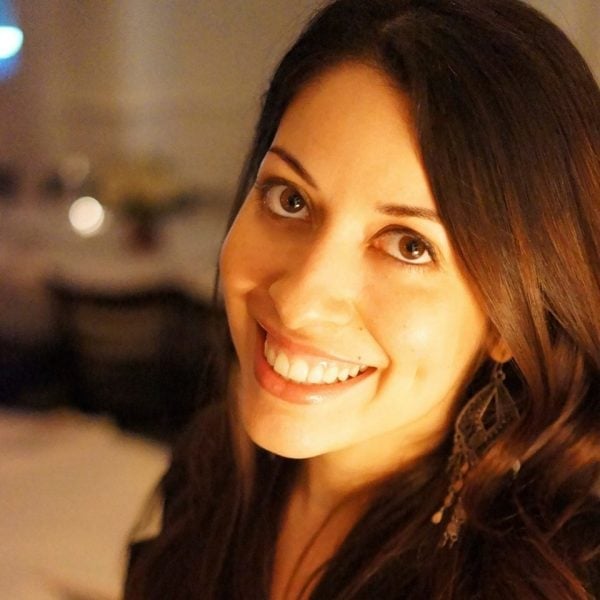For years, Erica Garza was addicted to shame. From the moment she first masturbated to a climax that filled her with shame with the help of the bathtub faucet at 12-years-old to the growing realisation that her porn addiction was merely a means for escape from her problems, Garza covers it all in her debut memoir, “Getting Off: One Woman’s Journey Through Sex & Porn Addiction.”
Garza is quick to point out that a healthy appetite for sex and porn are, and never were, her problem. The issue, she says, is that from that first climax, the cycle of pleasure and shame became one she could not separate, and could not escape.
Pauline Campos: There’s a giant universal truth to “Getting Off “that I have not seen anyone else ask you about or bring up in interviews. I’m talking about obsessive compulsive disorder; the absolute need to do that one thing that would provide you with the only release that could calm your racing thoughts. The shame. The secrecy. Doing it anyway because you have to, knowing you’re not normal but not knowing how to be anyone other than who you are.
For you, it’s sex and porn addiction. For me, it’s eating disorders and dermitillomania. I’ve stood in front of a mirror for an entire night digging into one spot, unable to move until I felt the release of broken skin. “Getting Off “is about your sex and porn addiction on the surface, but there’s so much more there as the layers are peeled back. The mental health component is too big to ignore. Did that surprise you?
